15 Top Tips for Your First Time Flying Alone
First time flying alone to an unfamiliar land? From planning ahead and checking in online to learning a few basic relaxation techniques, these top tips will help alleviate those pre-flight jitters.

Flying alone for the first time can be a daunting experience, but nothing beats exploring the world as a solo traveller. There’s no need to compromise on your plans to keep travel companions happy. And, there’s no better way to discover your true self than by jetting off to a new destination where nobody even knows your name.
After your first solo flight, you’ll undoubtedly be excited to do it again and again. So, how do you remove those pre-flight nerves the very first time? Below, I’ll discuss 15 pointers that I use to help alleviate stress and maximise excitement.
First time flying alone? Keep these tips in mind
From making sure your passport is valid to packing plenty of onboard entertainment, here are 15 top tips for first-time flyers.
1. Check your passport expiration date
It may sound like an obvious piece of advice, but many a seasoned traveller has faced disappointment at the airport due to passport issues.

Some countries require that your passport has a minimum of six months’ validity remaining. Other nations demand that your passport have at least two empty pages. Make sure you check the guidelines of the nation you’re visiting as far in advance as possible. You might want to make sure that your passport will remain valid for at least six months after the date of your flight when booking your holiday.
2. Check in online in advance
If you’re nervous about flying alone for the first time, the last thing you need are delays to add to your anxiety on the big day. Fortunately, most airlines allow you to check in online several days before the date of your flight.
In addition to beating queues at the airport, checking in online is a fantastic way to get excited about your trip. Many airlines let you select your onboard meal, seat and entertainment options as part of their online check-in process, which will give you even more peace of mind just before taking off.
After checking in, you should save the electronic version of your boarding pass on your mobile phone. I’d also suggest printing a copy of your boarding pass and storing it in your hand luggage.
3. Download the airline’s app
Being fully prepared for your flight is one of the most effective ways to beat those pre-flight jitters, especially if it’s your first time flying alone. And one of the easiest ways to make sure you’re fully prepared for your flight is to download the airline’s app.

Most airlines, via their app, will send you notifications to remind you to check in at least 24 hours before your flight. Most airlines apps also enable you to download your boarding pass at the touch of a button, remain on top of status updates, change your seat, pre-order meals, and much more. Some airlines apps even have a ‘track my bag’ feature, while could help alleviate a lot of your worries regarding lost luggage.
4. Plan to arrive at your destination in the morning
Arriving in a new destination as a solo traveller can be just as nerve-wracking as flying alone for the first time. The moment you arrive in a completely foreign land, you’ll quickly need to figure out the public transport system, average taxi fares, the lay of the land, and more.
Of course, new experiences are what solo travelling is all about. Still, if you want to keep the travel anxiety to a minimum, you might want to book a flight that arrives at your destination in the morning. That way, even if you have to face some confusion when you land, at least you won’t need to worry about getting to your hotel in the dead of night, with few people around to assist and limited transport options.
It’s also a smart idea to plan the journey from the airport to your hotel ahead of time. Some hotels offer inexpensive airport transfer services, which can prove to be a high-value investment when you consider how much time you could save – and how much confusion you could avoid!

You NEED really good travel insurance. HeyMondo offer 24/7 worldwide assistance with travel cancellation and interruption cover. They have tailor made policies, cover medical expenses up to $10 million and are the only insurance company that pay medical bills upfront for you.
Get 5% off your travel insurance with HeyMondo.com HERE.
5. Practice some relaxation techniques
Naturally, your first time flying alone will be especially daunting if you happen to have a fear of flights. At this point, I might note that you’re much safer in a plane than in a car, statistically speaking. Nevertheless, the thought of flying is a little more unnerving than driving along a road. So, if you want to quash those nerves, learn a few relaxation techniques!
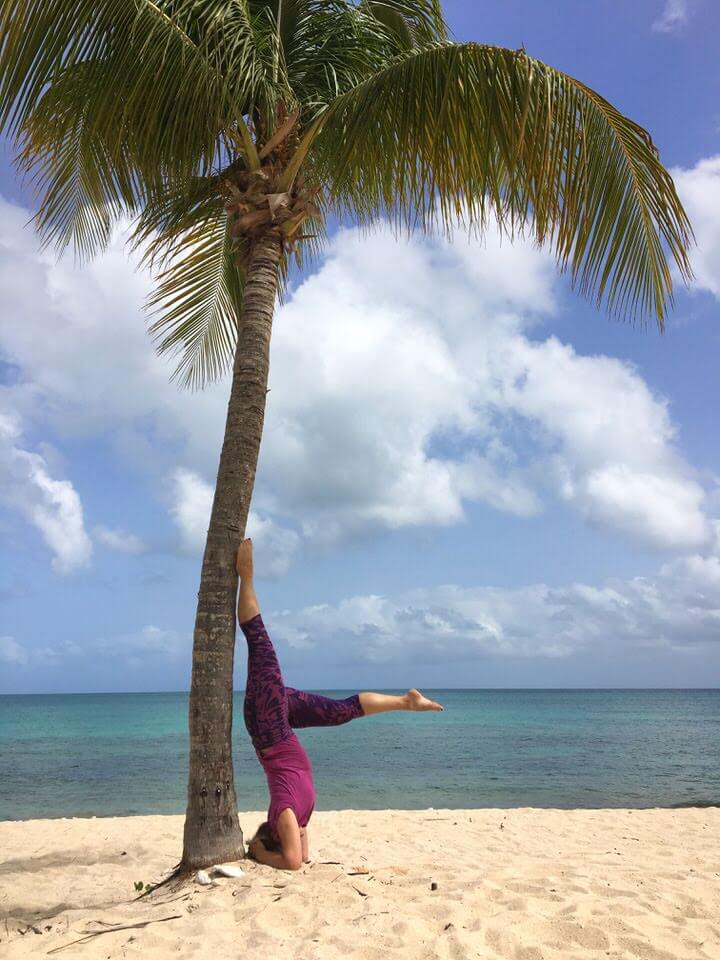
With a quick Google, you’ll find plenty of free relaxation techniques online in the form of meditation recordings, breathing exercises and positive affirmations. Adult colouring books and puzzles have also been shown to help calm people’s nerves.
6. Check the luggage guidelines
If it’s your first time flying alone – or ever for that matter – you might not be aware of the strict luggage regulations that airlines and airports enforce. Packing the wrong item of luggage with the wrong items, or overpacking, may not cause you to miss your flight (provided you arrive at the airport early – more on that next), but it could cause delays and heighten your stress levels.
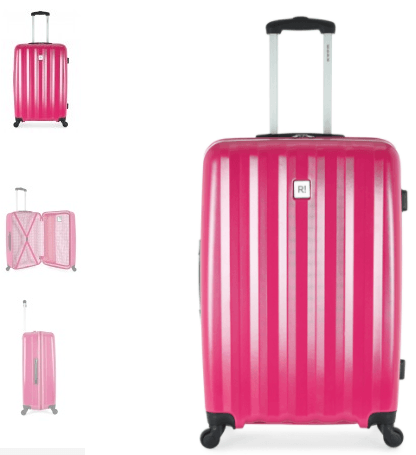
Many first-time solo travellers learn the hard way that the likes of chargers and certain electrical items are not permitted in either hand luggage, checked baggage, or vice versa. And even frequent flyers often struggle to avoid packing too much.
Airlines have no choice but to enforce the rules surrounding luggage. So, if you don’t want to pay exorbitant fees or end up having the entire contents of your luggage removed for security checks, make sure you find out what you can and can’t take on your flight in advance. And, pack as lightly as reasonably possible!
7. Arrive at the airport with plenty of time to spare
Even if you pay meticulous attention to detail when packing your bags, you may experience delays at the airport when going through security. And if the traffic isn’t on your side while travelling to the airport, arriving late might result in you missing your flight – and losing a significant chunk of cash in the process.
Most airlines recommend that for an international flight, you should arrive at the airport at least two hours before your scheduled departure time. I’d suggest planning to arrive at the airport at least three hours before you’re scheduled to fly. That way, traffic problems shouldn’t cause too many issues. Even if you arrive at the airport with more than three hours to spare, you won’t be short of things to do. Most international airports are packed with duty-free shops, restaurants, bars and more.
8. Avoid sleeping in the airport
While you might be tempted to sleep away a few hours at the airport in preparation for your flight, I’d advise you to avoid doing so.
For starters, there’s always a chance that you won’t wake up when your flight is announced. Moreover, somebody might be tempted to ‘borrow’ your belongings if they notice you sleeping without any travel companions to keep a watchful eye on your stuff.
9. Pack a portable phone charger
If it’s your first time flying alone, your smartphone might become your temporary best friend. You can use your phone to store digital copies of crucial travel documents. You can also save the contact and location details of your hotel to show a taxi driver.
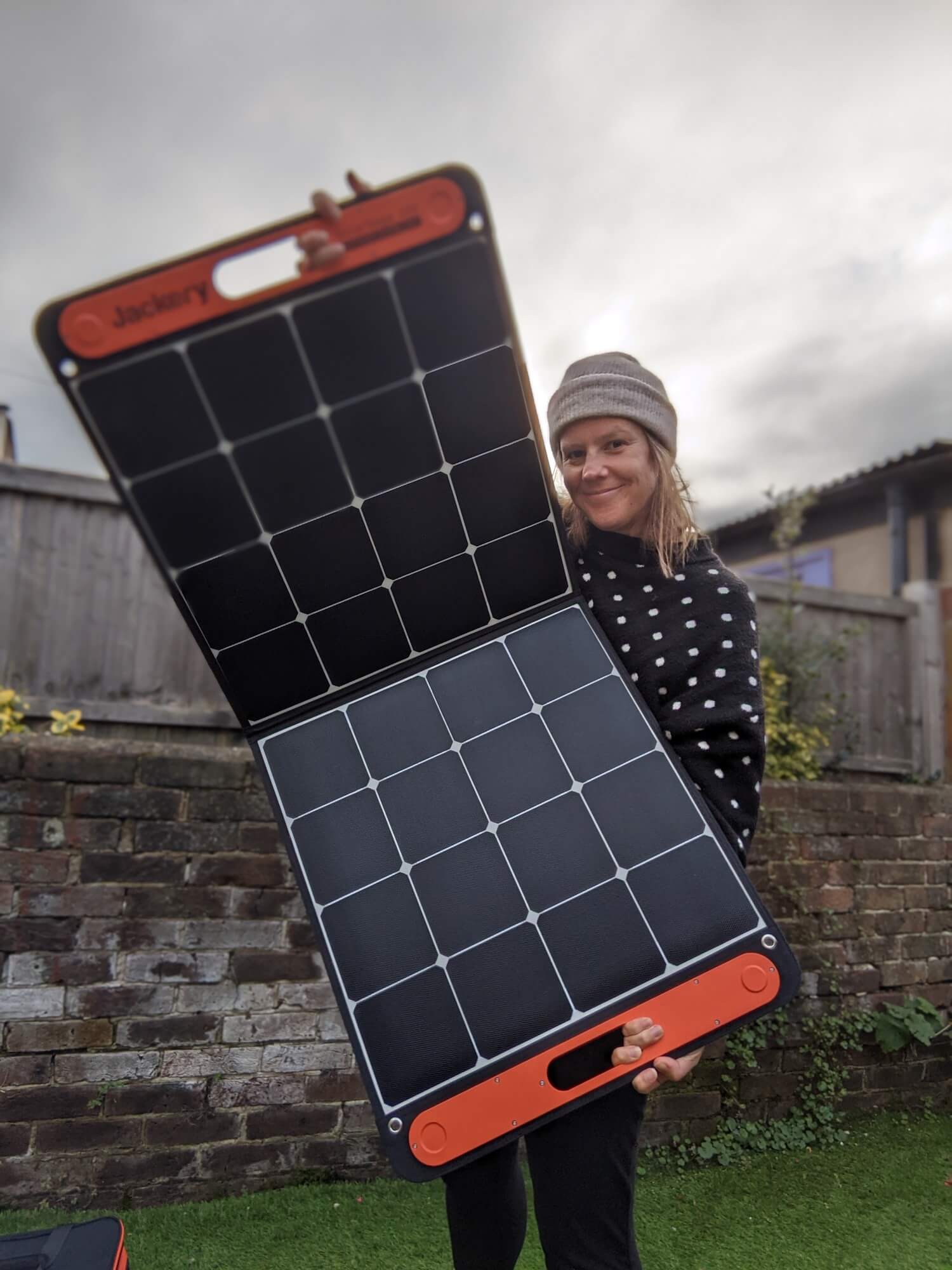
Just as importantly, your phone can be a great source of entertainment during your flight and while you’re waiting at the airport. If your battery dies, travelling could become a little more challenging and/or boring – even if just slightly.
On top of making sure your phone is fully charged before you set off to the airport, bring a portable phone charger so that you don’t need to rely on electrical outlets at the airport if your battery does give out.
10. Use a VPN
Nowadays, most of us are bombarded with adverts and warnings that concern cyber security. While the frequency of such ads can be somewhat tedious, they’re worth paying attention to.
Cybercrime is on the rise, and those who rely on public Wi-Fi connections are practically sitting ducks for hackers. If you want to minimise the threat of hackers, you might want to install a virtual private network (VPN) on any internet-enabled device you intend to use while on holiday.
‘Virtual private network’ may sound like a phrase that can only be understood by the tech-savvy among us, but installing a VPN is super simple. And most VPNs cost no more than a few dollars a month.
11. Bring a few essentials for your flight
First time flying alone with a budget airline? It’s probably best not to expect too much in the way of onboard entertainment. Airlines that do offer onboard entertainment might give you a selection of hundreds of films to watch during your flight, but that doesn’t necessarily mean that any of them will take your fancy.
Instead of relying on the airline to keep your comfortable and entertained, you might want to bring your own entertainment in the form of audio books that can be stored on your phone or tablet. You can also download a few films as well as apps that work offline.
12. Carry your own pen
UK passport holders rarely need to worry about visa forms and paperwork when travelling abroad. However, it’s worth remembering that even nations that offer visa-free travel to UK citizens may require you to fill out documents such as arrival and departure cards. If you want to save time and avoid being sent to the back of the queue when you land, it’s worth carrying your own pen.
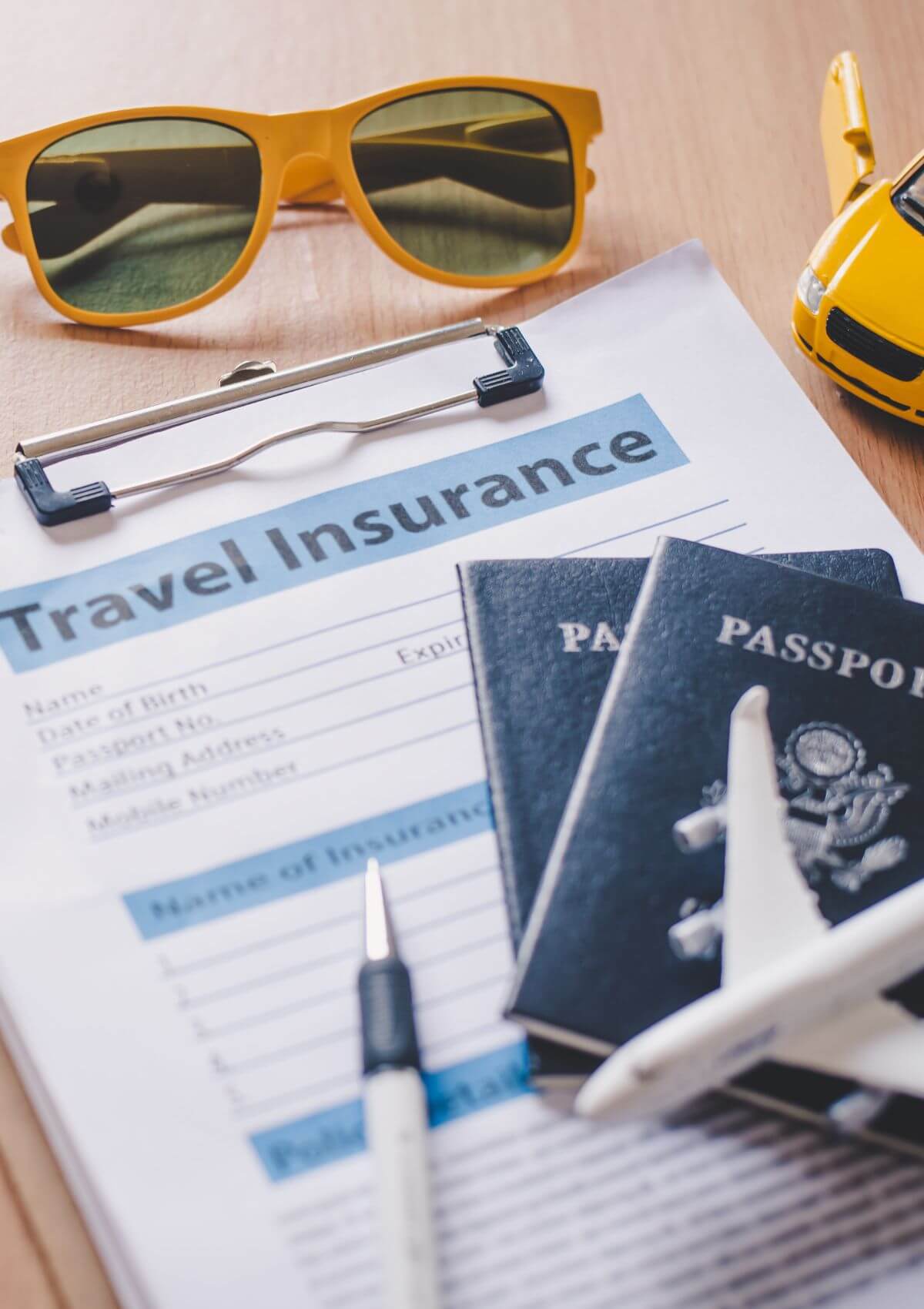
13. Take a reusable water bottle
If this is your first time flying alone, you might be in for a bit of a shock when you see the prices of food and drink in the airport and on the plane. And, unfortunately, there’s a good chance you’ll be asked to dispose of any food and drink purchased outside the airport when you go through security.

If you want to save a small fortune on water, you can bring a reusable water bottle that you can fill up at a water fountain inside the airport before boarding your plane. On top of saving you a significant sum, using your own water bottle can help reduce plastic waste.
14. Choose your own plane seat
In most cases, it’s cheaper to have a seat on the plane assigned to you than it is to reserve your preferred seat in advance. However, if this is your first time flying alone, I’d highly recommend choosing your own plane seat.
Which seat you choose largely comes down to personal preference. Some people prefer the aisle seat so that they have the freedom to stand up whenever they like. Other solo travellers prefer the window seat so that they can gaze at the ground below. End up with the middle seat, and you may feel squashed in – which may not be particularly ideal for your first time flying alone.
15. Wear comfortable clothing
In the not-so-distant past, flying was reserved for the rich and famous. Nowadays, that is not the case – you don’t need to wear your snazziest attire in order to feel like you ‘belong’ on a plane. When flying, being comfortable is far more important than looking the part.
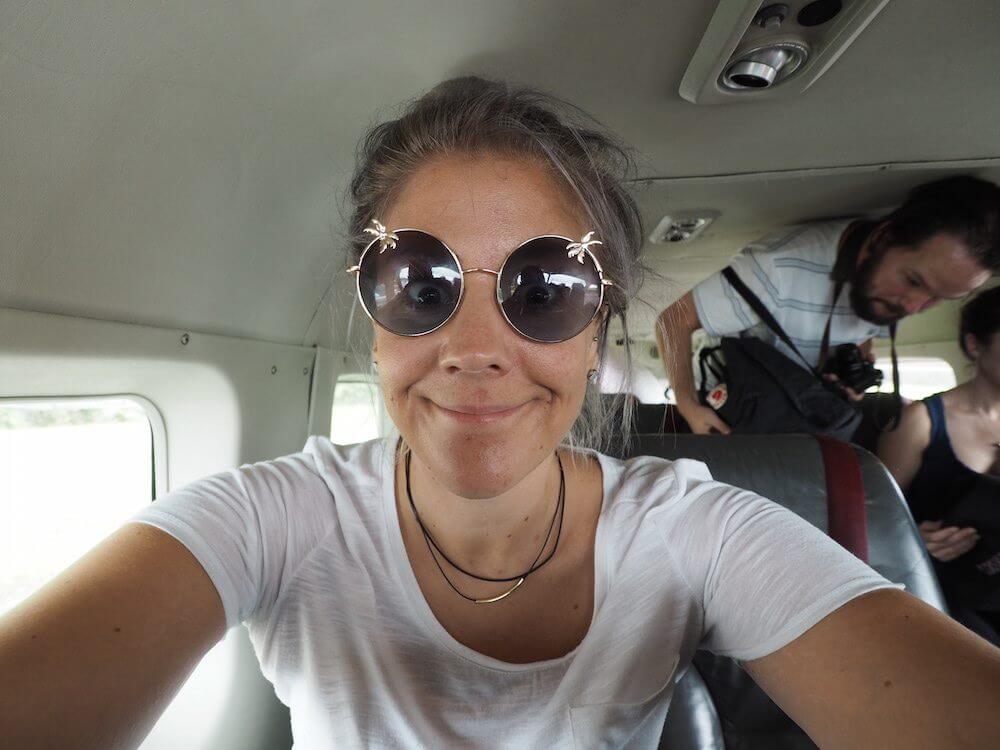
Also, bear in mind that you may be required to remove your footwear when going through airport security. Wearing easy on/off shoes comes highly recommended.
In my experience, planes tend to be a tad chilly, so you might want to pack layers and a pair of comfortable socks in your hand luggage.
First time flying alone? There’s no need to sweat
The bottom line is – the more prepared you are for your flight, the less nervous you’ll feel. Make sure your bags are packed correctly as far in advance as possible, keep your passport and crucial travel documents safe and secure, be extremely punctual, and bring your own entertainment. If you’re still feeling jittery before your flight, make sure you have something to take your mind off it, whether it’s a meditation recording or a puzzle book.
Have I missed any top tips for those flying alone for the first time? Let me know in the comments below.
Why are people scared to fly alone?
The fear of flying alone can vary from person to person, and different individuals may have different reasons for feeling anxious or scared about it. Here are some common reasons why people may experience fear or anxiety when flying alone:
– Lack of control: Some people feel uneasy about flying alone because they don’t have control over the aircraft or the flying process. Being solely responsible for their own well-being during the flight can be intimidating for those who prefer having someone else in a supportive role.
– Fear of the unknown: Flying alone can be daunting, especially for individuals who have never flown by themselves before. The unfamiliarity of the experience, such as navigating the airport, going through security, finding the gate, or understanding the procedures, can contribute to anxiety.
– Safety concerns: Safety is a significant factor for some people who are afraid to fly alone. They may worry about potential emergencies or accidents and feel more secure when traveling with others who could offer assistance or support.
– Fear of turbulence: Turbulence is a common occurrence during flights, and some individuals find it unsettling or frightening. Flying alone means facing these moments without the comfort of a familiar companion, which can increase anxiety for those who are already uneasy about turbulence.
– Social anxiety: For individuals who experience social anxiety, the idea of navigating social interactions with strangers during the flight or in the airport can be stressful. Flying alone removes the presence of a trusted companion and may intensify feelings of discomfort or unease in social situations.
– Past negative experiences: Previous unpleasant experiences with flying, such as turbulent flights, delays, or instances of feeling overwhelmed, can contribute to a fear of flying alone. These experiences may create a sense of apprehension or fear that resurfaces when considering flying without a companion.
It’s important to note that while these fears are valid for those who experience them, flying is generally considered a safe mode of transportation. If the fear of flying alone becomes a significant concern, individuals may benefit from seeking support from mental health professionals who specialise in anxiety or phobias.
What can I do to prepare for flying alone?
Prepare in advance: Plan your trip well in advance, including booking your tickets, arranging transportation to and from the airport, and ensuring you have all necessary travel documents. Being organised and prepared can give you a sense of control and reduce stress.
Quick list of top tips for your first time flying alone
- Check your passport expiration date
- Check in online in advance
- Download the airline’s app
- Plan to arrive at your destination in the morning
- Practice some relaxation techniques
- Check the luggage guidelines
- Arrive at the airport with plenty of time to spare
- Avoid sleeping in the airport
- Pack a portable phone charger
- Use a VPN
- Bring a few essentials for your flight
- Carry your own pen
- Take a reusable water bottle
- Choose your own plane seat
- Wear comfortable clothing

What an insightful and reassuring post! As someone who’s about to embark on my first solo flight, your tips and personal experiences have really eased my nerves. Thank you for sharing such practical advice and making the unknown feel a lot more manageable. Safe travels!
“Fantastic tips for first-time solo flyers! Your insights are a reassuring guide for those taking the plunge into solo travel. Bon voyage to new adventures!”